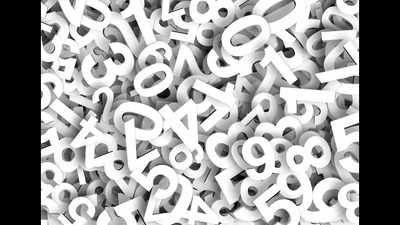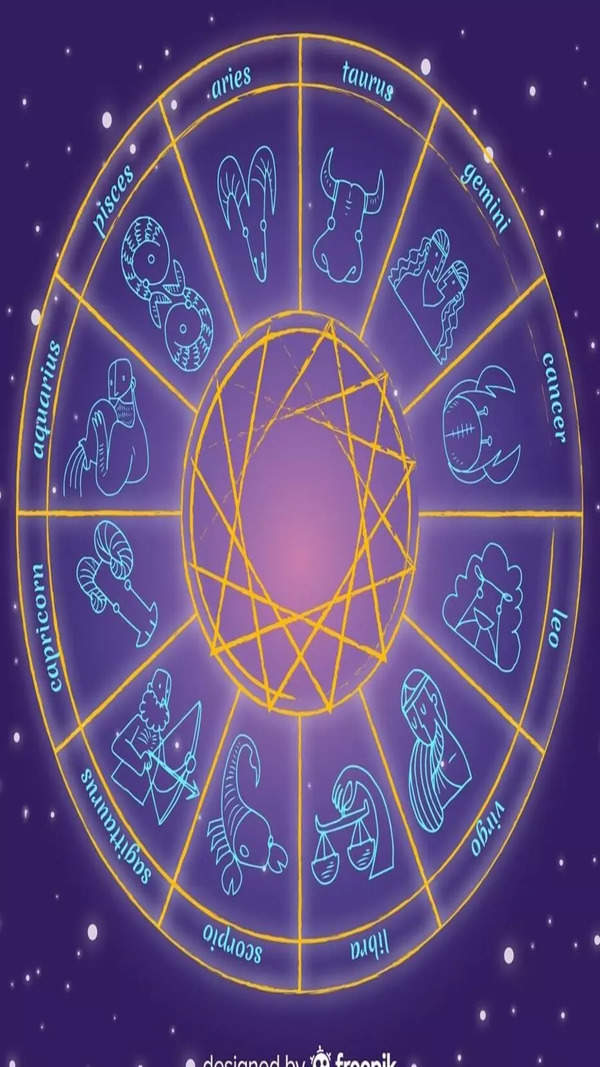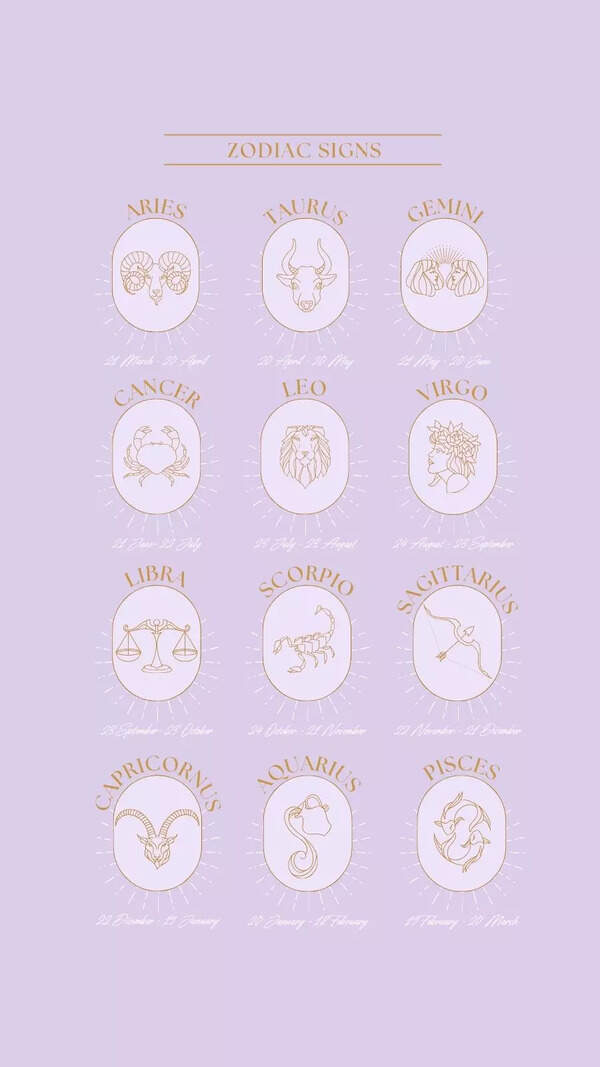- News
- Astrology News
- Origins and history of Numerology
Trending
Origins and history of Numerology
Delve into the profound world of numerology, a captivating journey through time unraveling the mysteries of existence and cosmic order, offering profound insights and guidance to seekers. Whether skeptic or believer, numerology's allure transcends mere numbers, providing a gateway to understanding the universe in playful yet profound ways.

Numerology, the ancient practice of assigning mystical significance to numbers, has captivated cultures and civilizations across millennia. Its origins trace back to ancient civilizations such as Babylon, Egypt, and China, where numbers were believed to hold spiritual, cosmic, and even predictive powers.
In ancient Babylon, numerology was intertwined with astrology, where numbers were assigned to celestial bodies and used to interpret cosmic influences on human affairs.The famous Code of Hammurabi, one of the earliest known written legal codes, contains numerological references that suggest a belief in the divine significance of numbers.
In Egypt, numerology played a crucial role in religious and mystical practices. The Egyptians attributed magical properties to numbers and used them in rituals, architecture, and even in the construction of pyramids. The study of numbers was seen as a means to understand the divine order of the universe and to connect with spiritual realms.
Meanwhile, in ancient China, numerology, known as "feng shui," was integrated into everyday life and governance. Numbers were believed to influence the harmony and balance of spaces, affecting everything from architecture to personal fortune. Even today, certain numbers are considered lucky or unlucky based on their pronunciation and associated meanings.
Throughout history, numerology has evolved and adapted, blending with various cultural and religious practices while maintaining its core belief in the power of numbers to reveal insights about individuals and the world around us. Today, numerology continues to fascinate and intrigue people seeking deeper understanding and guidance in their lives, offering a unique lens through which to explore the mysteries of existence.
So, whether you're a sceptic or a believer, the history of numerology reflects humanity's enduring fascination with numbers as symbols of meaning, destiny, and cosmic order. It’s a journey through time where numbers transcend mere counting and become gateways to understanding the universe and ourselves in playful and profound ways.
In ancient Babylon, numerology was intertwined with astrology, where numbers were assigned to celestial bodies and used to interpret cosmic influences on human affairs.The famous Code of Hammurabi, one of the earliest known written legal codes, contains numerological references that suggest a belief in the divine significance of numbers.
In Egypt, numerology played a crucial role in religious and mystical practices. The Egyptians attributed magical properties to numbers and used them in rituals, architecture, and even in the construction of pyramids. The study of numbers was seen as a means to understand the divine order of the universe and to connect with spiritual realms.
Meanwhile, in ancient China, numerology, known as "feng shui," was integrated into everyday life and governance. Numbers were believed to influence the harmony and balance of spaces, affecting everything from architecture to personal fortune. Even today, certain numbers are considered lucky or unlucky based on their pronunciation and associated meanings.
The foundations of modern numerology as we know it today are often credited to Pythagoras, the ancient Greek mathematician, and philosopher. Pythagoras believed that numbers were the fundamental essence of reality and that each number carried its own unique vibration and significance. His teachings laid the groundwork for the Pythagorean system of numerology, which assigns numerical values to letters in the alphabet and uses these values to analyse personalities, predict future events, and uncover hidden truths.
Throughout history, numerology has evolved and adapted, blending with various cultural and religious practices while maintaining its core belief in the power of numbers to reveal insights about individuals and the world around us. Today, numerology continues to fascinate and intrigue people seeking deeper understanding and guidance in their lives, offering a unique lens through which to explore the mysteries of existence.
So, whether you're a sceptic or a believer, the history of numerology reflects humanity's enduring fascination with numbers as symbols of meaning, destiny, and cosmic order. It’s a journey through time where numbers transcend mere counting and become gateways to understanding the universe and ourselves in playful and profound ways.
End of Article
FOLLOW US ON SOCIAL MEDIA









